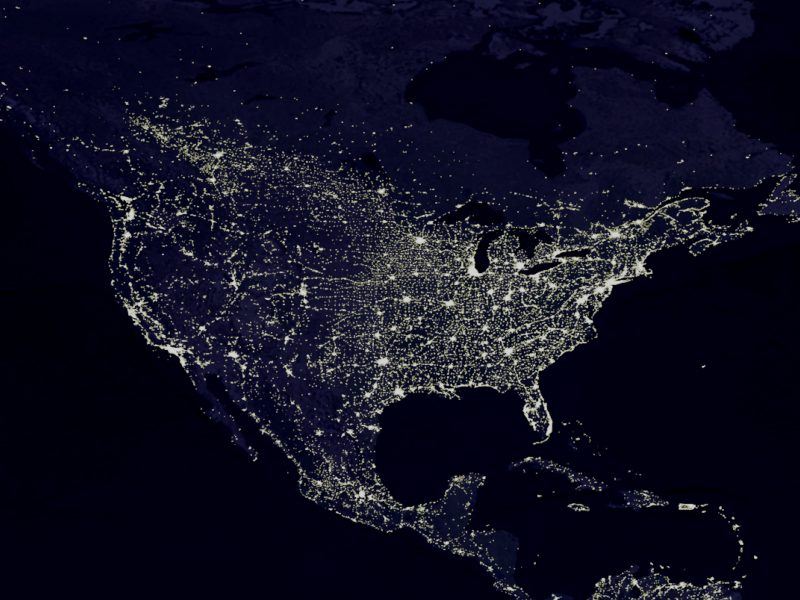
Chee-Wooi and Junho Kong generously shared their knowledge on Husky Bites, a free, interactive Zoom webinar hosted by Dean Janet Callahan. Here’s the link to watch a recording of his session on YouTube. Get the full scoop, including a listing of all the (60+) sessions at mtu.edu/huskybites.
What are you doing for supper this Monday night 2/22 at 6 ET? Grab a bite with Dean Janet Callahan and Chee-Wooi Ten, Associate Professor of Electrical and Computer Engineering at Michigan Tech. His focus: power engineering cybersecurity.
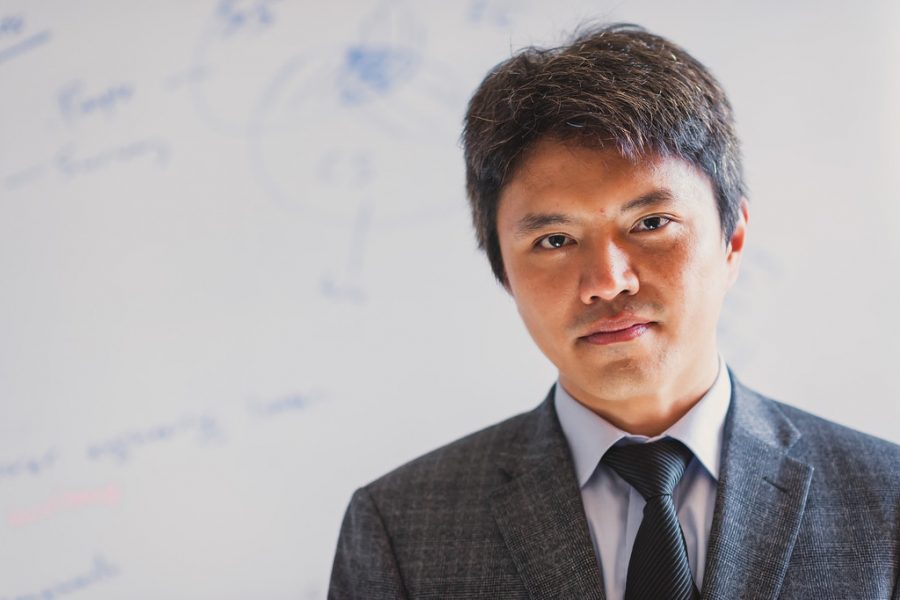
“For many years as a power system engineer, we referred to ‘security’ as the power outage contingency subject to weather-related threats,” says Ten. “The redefined security we need today, cybersecurity, is an emerging field on its own, one that works synergistically with security systems engineers.”
Joining in will be Electrical Engineering Assistant Professor Junho Hong from the University of Michigan Dearborn. He is a power engineer, and a cybersecurity colleague and a longtime friend of Dr. Ten’s.
In an era of cyberwarfare, the power grid is a high-voltage target. Ten and Hong both want to better protect it.
At issue are electrical substations, which serve as intersections in the nation’s power system. Because they play such a key role in our infrastructure, substations could be attractive targets.
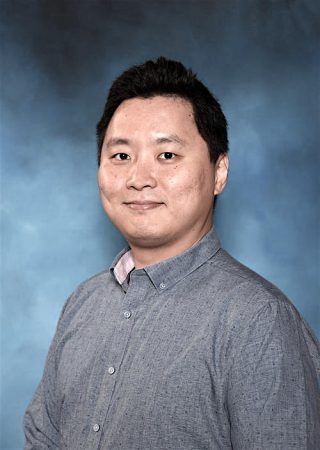
A physical attack could damage parts of the grid, but a cyberattack to interconnection substations could cripple the entire system simultaneously.
Some power companies remain reluctant to fully implement electronic control systems because they could compromise security. “This is a controversial issue for most utilities,” said Ten. “If the substation network is compromised, the grid will be vulnerable. If hackers know what they are doing, that could result in a major blackout.“
With better security from cyberattacks, companies could use Internet Protocol (IP) communications to manage electronic control systems. “It would be faster, more efficient, and more economical, too,” says Ten.
However, IP has a disadvantage: hackers are notoriously resourceful at breaking into IP networks, even when they are protected by firewalls.
Still, solutions to IP problems can be found, says Ten.
“Let’s say you check your front door once a day to make sure it is locked. Does that mean your house is secure? Probably not. Just because your door is locked doesn’t mean someone can’t get in. But if you put a camera in front of your house with incoming motion data to determine if there is movement around your house, you have more data so security can be better assessed.”
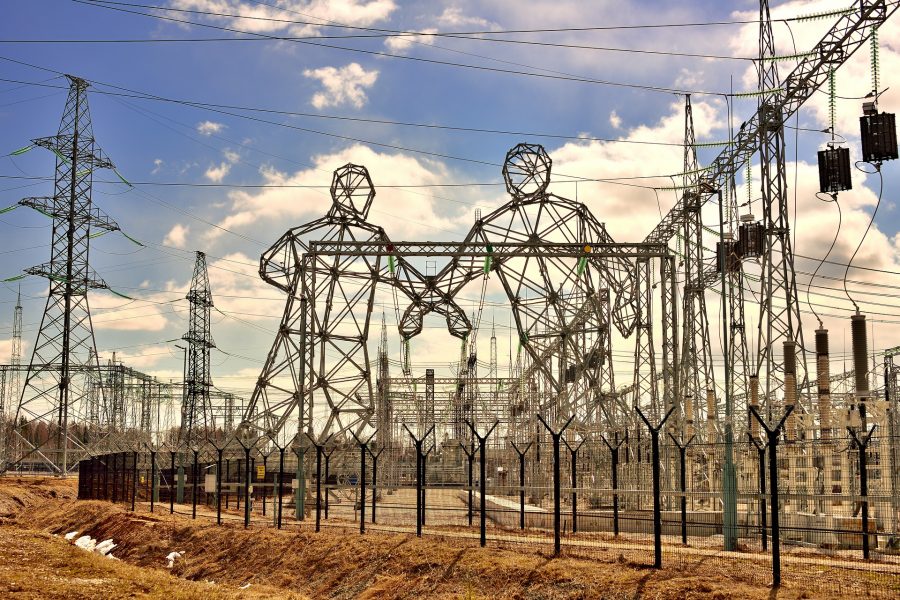
The power grid is too big, so we need to simulate cyberattacks to see what happens, adds Ten. “When it comes to power system research, data is really sensitive, and cybersecurity clearance requirements make it hard to get data. That is why simulations are important. We try to make simulations as close as possible to real systems. That we can ‘try out cyber attacks’ and see the impacts.
Running simulations saves utility companies time and money, and helps them prepare for the cascading effects of such an event, adds Ten. “We can emulate the real world without constructing the real thing, something called the ‘digital twin’.”
“We can solve the problems of cybersecurity by understanding them first. Then, we can apply analytical methods to deal with those problems.”
Ten works with government agencies, power companies, and the vendors that provide products used to strengthen substations’ cybersecurity framework. By collaborating with all the stakeholders, he aims to transform the energy industry by improving efficiency, reliability and security, both in the power grid and cyberspace. No single vendor can do everything; it has to be synergistic,” says Ten.

Professor Ten, how did you first get involved in engineering. What sparked your interest?
I actually did not do well academically in high school. I was obsessed with computers. My dad had some money to sponsor my studies in the US. And since computers were invented in the US, I wanted to be part of that, so I went to Iowa State University. In Fall 1997, the Asian economic crisis hit and affected my studies, so I changed my major to power engineering, in the Department of Electrical and Computer Engineering. When I look back, I have billionaire George Soros to thank. (Many people feel his aggressive Asian currency trades were to blame.) The power engineering program at Iowa State was one of the most historically established programs in the US. I was able to get involved in undergraduate research, with mentoring from a professor who taught me a great deal.
Family and hobbies?
I was born in Malaysia and was recently naturalized as a US citizen. My ethnicity is actually Chinese. My grandparents came to Malaysia from China early in the 20th century due to war and hunger, to pursue happiness. My brother is an engineer, too. My dad didn’t finish his university studies. I am the only one in our family with a doctorate degree. My parents sent me to a foreign country to get a taste of life. (Imagine, I did not know how to speak English and had to relearn everything in the US!) I would not be who I am today had I stayed in Malaysia.
I’ve been living in Houghton now for about 11 years. My newest hobby is downhill skiing with my daughter. She’ll be turning 9 soon. Our ski hill, Michigan Tech’s Mont Ripley, is just 10 minutes from down the road.
Professor Hong, how did you first get involved in engineering? What sparked your interest?
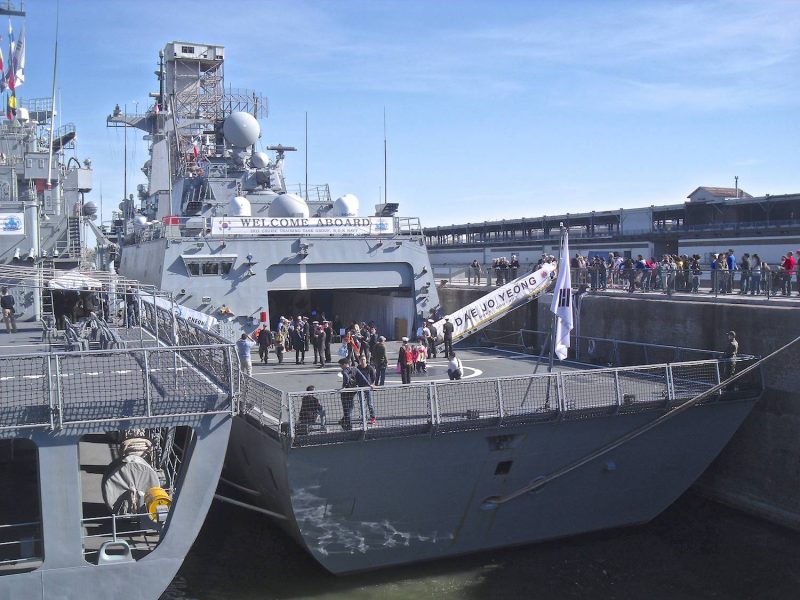
When I got to college, computer science was a hot topic but I wanted to better understand electricity. Without electricity how can we have technology? So, I chose electrical engineering. After graduation, I started looking at the much bigger work going on outside my country. I decided to earn my PhD. That’s how I met Chee-Wooi. We both studied at the University College Dublin in Ireland. We had the same doctorate advisor, Professor Chen-Ching Liu.
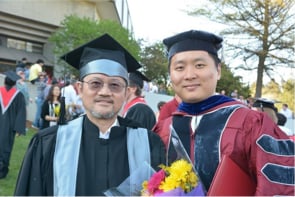
Family and hobbies?
Before the pandemic, I used to go swimming at least once a day. Right now I’m doing a lot of training, instead. I’ve got equipment in my home—for cycling, weight training and working out. My wife and two kids are in South Korea for the time being. Early in the pandemic, my wife had some medical issues, and with hospitals here in Southeast Michigan overwhelmed with Covid patients, she had to go back home for medical treatment. It’s been hard to endure. I miss them greatly! My son and daughter are 9 and 6.